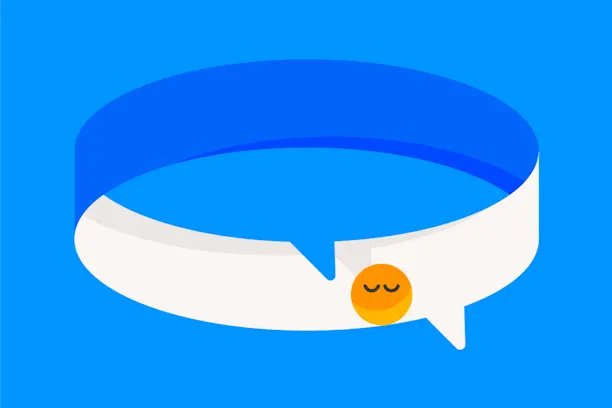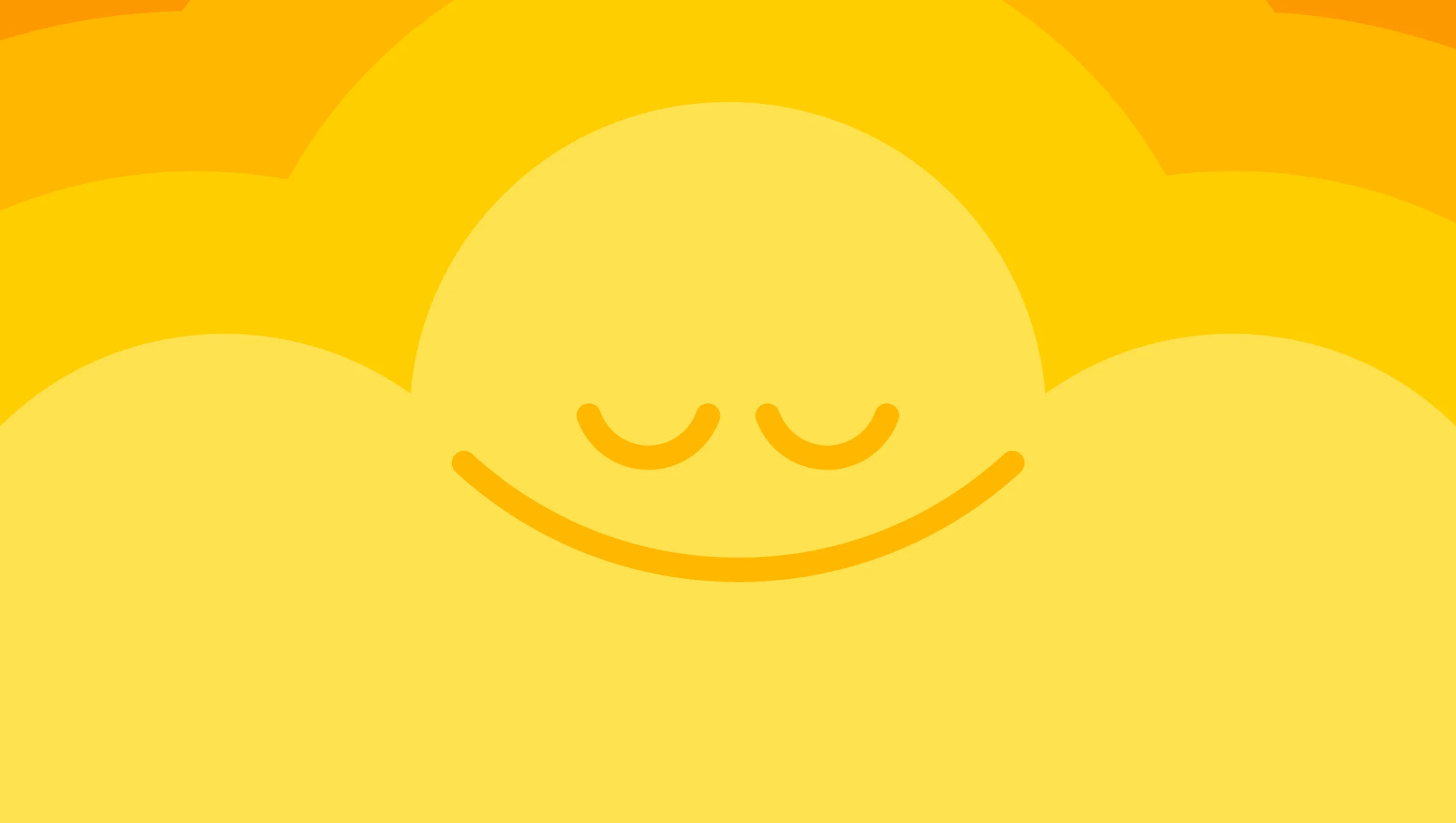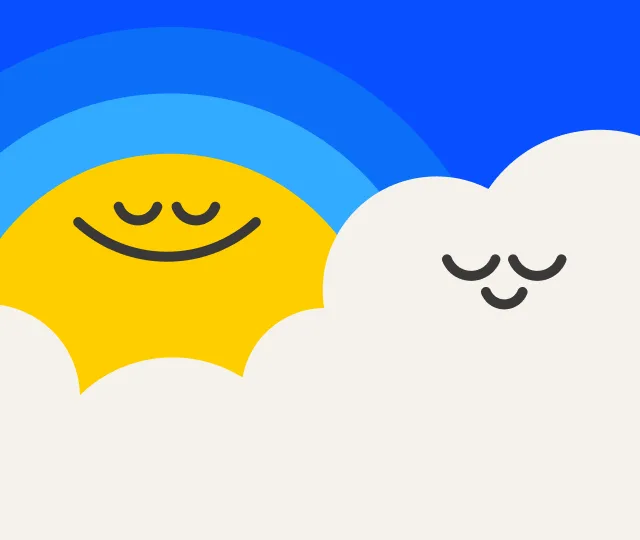Election anxiety
By Your Headspace Mindfulness & Meditation Experts
Voting in an election is one of our fundamental rights to make our voice heard in the world we live. So we might hope that having this opportunity would make us feel positive, empowered, and confident — but that is not always the case.
Research has found that the time around an election increases the levels of stress across the nation — regardless of who will be getting our vote. Constant media coverage and debates in the home, workplace, or on social platforms, along with concerns about how the result of the election will affect our lives and society, all have the potential to have a negative impact on our well-being.
So whenever a presidential election is approaching, we should consider how to control election anxiety to protect our mental health at a time of great tension and uncertainty around us — while still engaging in this vital process.
What is election stress disorder?
The term “election stress disorder” refers to a phenomenon observed by Washington DC-based psychologist Steven Stosny . It describes the stress and conflict he witnessed being experienced by patients in his couples’ therapy practice.
He said after the last presidential election in 2016: "I was overwhelmed with distress calls during the recent election cycle. The vitriol and pervasive negativity of the campaigns, amplified by 24-hour news and social media, created a level of stress and resentment that intruded into many people’s intimate relationships. I even named it: “election stress disorder.”
And Stosny noted that instead of disappearing once votes were cast, this continued after the next president was chosen and became what he has called “post-election stress disorder” and “headline stress disorder.”
He added: "For many people, continual alerts from news sources, blogs, social media, and alternative facts feel like missile explosions in a siege without end.”
Before the 2016 election, an American Psychological Association survey found 52% of American adults reported the election was a “very" or "somewhat significant" source of stress — and the impact was statistically equal among registered Democrats and Republicans, for men and women. This might explain why Headspace, the meditation app, saw a 50% increase in usage around the time of the 2016 election, according to its CEO Richard Pierson.
And it’s not just Americans who experience election stress. The 2019 General Election in the UK also led to more and more headlines around voters feeling the overwhelm of a relentless news cycle, which also came on the heels of the country voting for Brexit and leaving the European Union.
One study found that around 33% of people reported a negative effect on their well-being from all the uncertainty surrounding Brexit, according to a poll by the British Association for Counselling and Psychotherapy. So it seems stress and elections go hand in hand, wherever you are in the world.
The 2020 election in the U.S. could become an even larger source of stress for the nation. Last year, the APA’s annual Stress in America survey found that specific social and cultural issues including the upcoming election were now featuring more prominently in people’s stressors alongside traditional concerns like “work” and “money.”
The Stress in America survey was conducted between Aug 1 and Sept 3 last year, with 3,617 adults living in the U.S polled. More than a year before the upcoming presidential election, 56% of American adults were already reporting it as a “significant stressor."
The APA state: "While overall stress levels have not changed significantly over the past few years, the proportion of Americans who say they are experiencing stress about specific issues has risen over the past year."
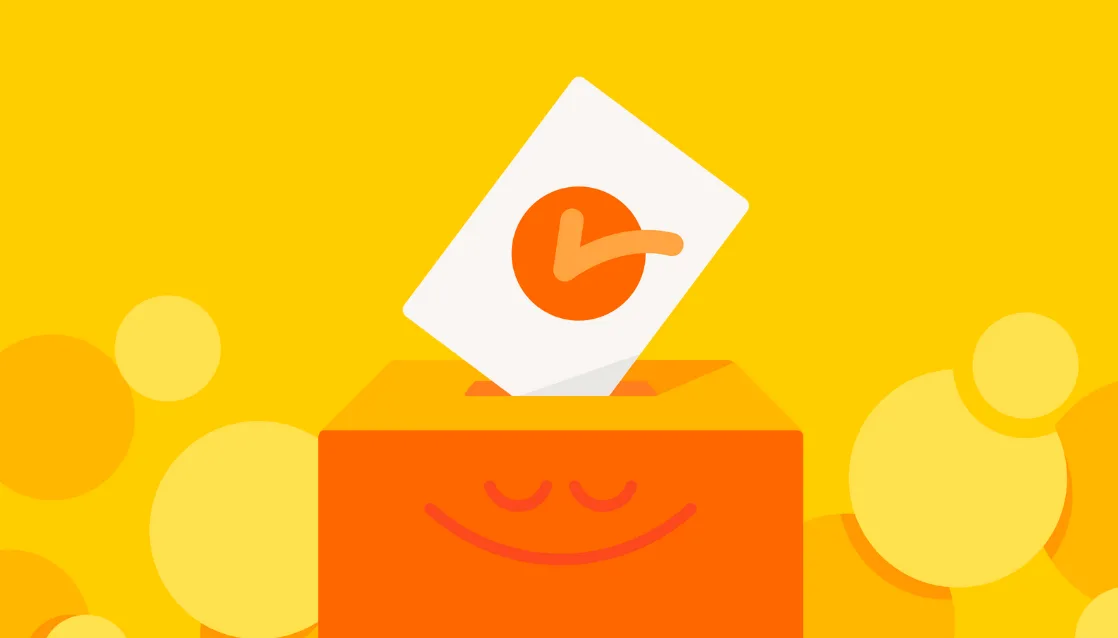
How can election anxiety affect us?
Like other forms of stress and anxiety, election stress has the potential to impact our physical and mental health, and also our relationships with those around us by making us more reactive, irritable or withdrawn.
Feelings of stress and day-to-day anxiety are two different states. Stress often kicks in due to a situation we can see and comprehend, while general anxiety can linger for months and we don’t always know why it is happening.
But they share many of the same physiological symptoms. They trigger our autonomic nervous system, leading to a spike in the release of epinephrine and cortisol — the “stress hormones.” Too much epinephrine can increase the risk of heart attack and stroke. And too much cortisol can affect our health in numerous ways including increasing blood sugar levels, suppressing the immune system, and constricting blood vessels.
Stress and anxiety also both impact our amygdala — two almond-sized nuclei that are essentially tiny processing chips that govern our senses, memories, decisions, and moods. The more stress and anxiety we experience, the more disproportionate and irrational the amygdala’s response becomes.
The APA offers guidance to help people better manage their election stress. These include limiting our media consumption and taking digital breaks, instead taking some time for ourselves and spending time with friends and family, doing things that you enjoy.
The APA also encourages us to channel our concerns to make a positive difference on issues you care about. And remembering that whatever happens in the election, to try to maintain a balanced perspective. Also, we’re encouraged to vote. By voting, we will be taking a proactive step and participating in the process.
How meditation can help with election anxiety
Dr. Ellen Slawsby, an assistant clinical professor of psychology at Harvard Medical School, has also witnessed the impact of political stress in patients and found the last election came up “more than I’ve ever seen in my 25 years in practice.”
She says: “The key is remembering that stress is a perception of a threat, and a perception that we can’t cope with it. Most things we actually can cope with. We are very resilient as human beings.” She urges her patients to engage in a daily 20-minute “relaxation response” which could be meditation, deep breathing or exercise.
Meditation can help with stress and anxiety by reframing our relationship with our thoughts. This does not mean we reject these thoughts as, in the case of election stress, they are valid feelings and emotions about an important and life-changing event. We should be curious about these thoughts and how they make us feel. And by managing them better, we can lessen the implications on our physical and mental health.
Headspace co-founder and former Buddhist monk Andy Puddicombe says: “Anxiety, fear, is just part of being human. Sometimes it’s even helpful. We kind of need this range of human emotions in our life. It’s just when they become so persistent that they start to overwhelm us, then it becomes a problem. So it’s more about how we can change our relationship with anxieties – not how do we get rid of them.”
Meditation can help us replace our “stress response” with a “relaxation response.” And studies using MRI scans show that a regular meditation practice can shrink the amygdala, which can increase our ability to manage anxiety.
An important meditation technique for managing stress and anxiety is noting, which helps us to recognize a stressful or anxious thought for what it is, and then let go of it and move on. And another technique, the body scan, helps us to identify the physical sensation of stress or anxiety in the body, which helps to diminish its power over us.
Another technique that can help is visualization. Visualization can help create a space in the mind and body for thoughts to move and change. By imagining a flow of light and comfort through our body, for example, a sense of ease and relief can return.
The Headspace app includes 30-day Letting Go of Stress and Managing Anxiety courses which use some of these techniques as part of a regular meditation practice which can take as little as 10 minutes a day.
There are also three-minute, in-the-moment SOS meditations which can help us deal with tension and difficult conversations that arise around politics. And 10-day meditation courses in Patience and Transforming Anger can also and help us to relate differently to feelings of stress.
A published study conducted at Google and Roche with 238 employees compared eight weeks of Headspace to a waitlist control group. The results showed healthy Google employees had a 31% reduction in feelings of general anxiety when using Headspace. A 2018 study of 88 medical students found that the participants who used Headspace for just 10 days had a 12% decrease in feelings of stress. And a separate study found that people who used Headspace for 30 days reduced perceived stress by a third.
Try Headspace for free now and join more than 66 million people who have downloaded the app. Practicing meditation is not going to change our political opinions — and nor should it. And it is important to stand up for our rights, fight for what matters, and to vote. But by training our minds to deal with the stress and anxiety that accompanies these important issues and events we are better equipped to make our mark on the world.
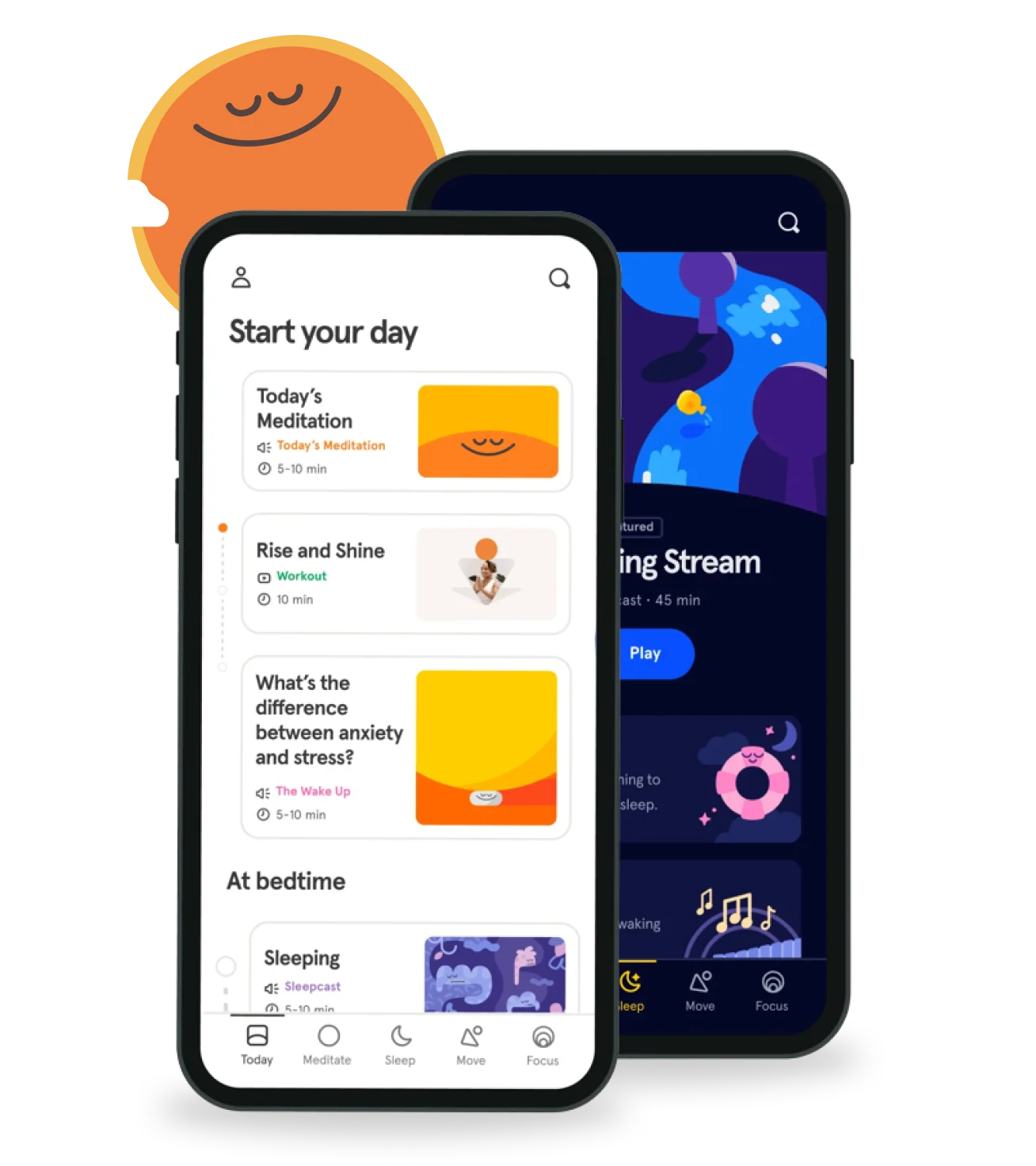

Be kind to your mind
- Access the full library of 500+ meditations on everything from stress, to resilience, to compassion
- Put your mind to bed with sleep sounds, music, and wind-down exercises
- Make mindfulness a part of your daily routine with tension-releasing workouts, relaxing yoga, Focus music playlists, and more
Annual - billed at $69.99 USD/yr
14 days free
$5.83 USD/month
Monthly
7 days free
$12.99 USD/month

- © 2024 Headspace Inc.
- Terms & conditions
- Privacy policy
- Consumer Health Data
- Your privacy choices
- CA Privacy Notice



